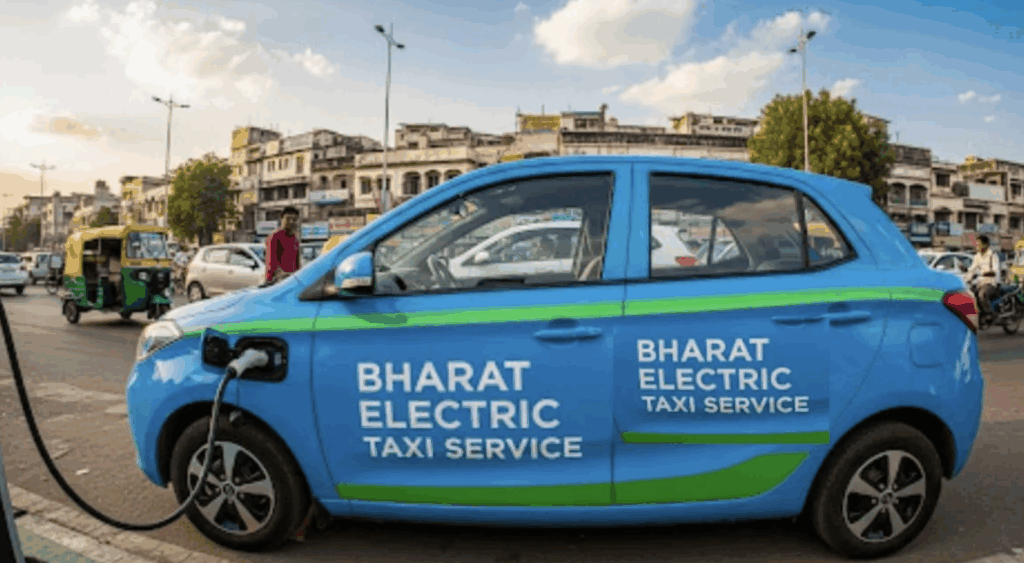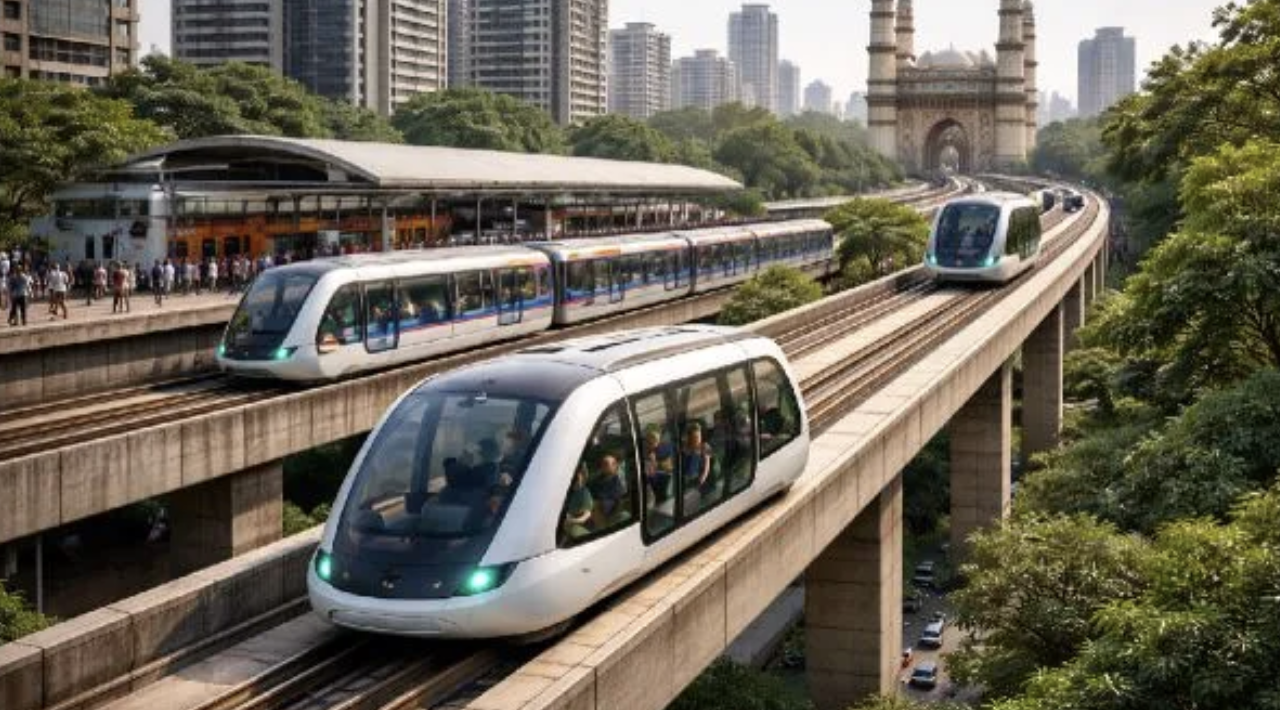Competition Commission of India (CCI) has issued a show cause notice with respect to the proposed merger of Tata Group airlines Vistara and Air India.

Background
Tata Group is merging Air India Express and AirAsia India to form a low-cost airline.
Air India and Vistara combined will be its full-service entity.
Vistara and Air India are the two full-service carriers that are part of the Tata Group, and Singapore Airlines holds a 49 per cent stake in Vistara.
The approval was sought from CCI in April this year.
Significance
The deal would mark a major consolidation in India’s fast-growing aviation space.
It would also serve to make Air India the country’s largest international carrier and second-largest domestic carrier.
Where things stand
The phase 1 approval is given by the CCI within 30 days if it finds that the transaction is unlikely to cause an adverse effect on competition.
“The process has moved to phase 2 which will entail more discussion between the parties and the CCI,” an official of the antitrust body said.
The CCI seeks to understand why an investigation should not be initiated since it is of the opinion that the deal could adversely impact competition in the marketplace.
It has given 30 days to respond.
Concerns over monopoly
Tata in November said it was merging its two full-service carriers Air India and Vistara to create a bigger airline that will take on local rivals such as IndiGo and Middle Eastern carriers that dominate outbound traffic from India.
The concern is that the entity will be the sole operating Indian full-service airline on domestic routes.
Also, a combined entity of Air India, Air India Express and Vistara will have the majority share of the market on the Gulf and Middle East route.
CCI’s powers
Under the competition law, the regulator has the power to carry out a detailed probe before approving a merger or acquisition.
This is to eliminate concerns about possible anti-competitive practices about the deal.
Section 29 of the Competition Act provides the procedures for investigations of combinations.
In CCI parlance, combinations refer to mergers and acquisitions.
Making concessions for conditional approval
There have also been instances where parties to a combination submitted remedial measures to address anti-competitive concerns.
Air India could make concessions such as giving up certain routes or reducing frequency.
If it accepts them, CCI may give its conditional approval.
However, if it isn’t satisfied with the concessions offered, it could order a “Phase II” review that can take more than three months.
The second stage
“Where the Commission is of the opinion that a combination is likely to cause, or has caused an appreciable adverse effect on competition within the relevant market in India, it shall issue a notice to show cause to the parties to combination calling upon them to respond within thirty days of the receipt of the notice, as to why investigation in respect of such combination should not be conducted,” Section 29 reads.
In case, the regulator is not satisfied with the responses, it can go to the second stage wherein the parties will be asked to make the details of the proposed deal public and comments will be sought.
Merger may still go through
A Tata Group official said that there will be no adverse impact on the merger.
“It may increase the time taken for the process but will not require any material change,” he said.
Legal experts also feel that it may not have any negative bearing on the process.
“With such a large-scale merger happening, it is fairly common and natural for the CCI to take this to the next level of scrutiny,” Nitin Sarin, managing partner Sarin & Co., told Business Today.
At best, the notice may only slightly prolong the deal.












